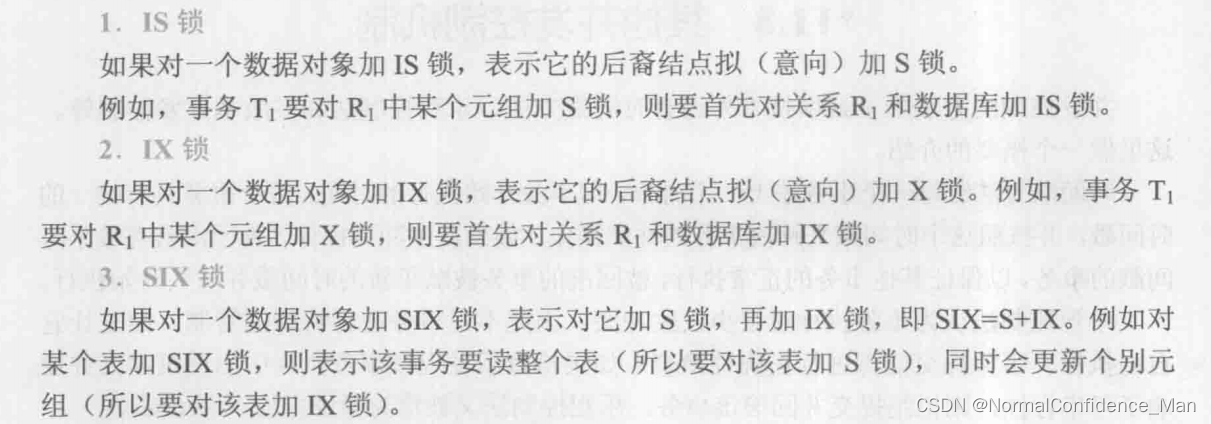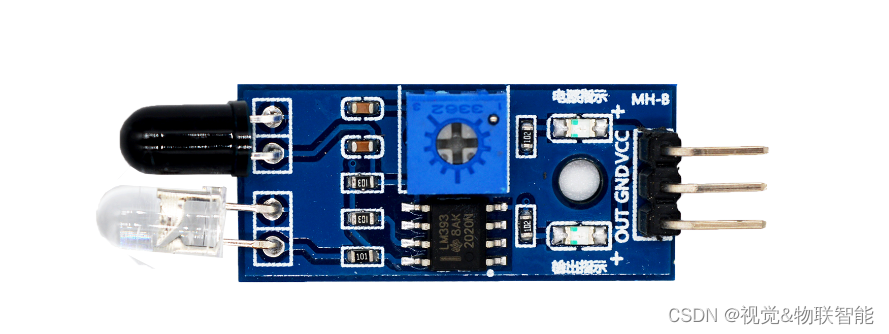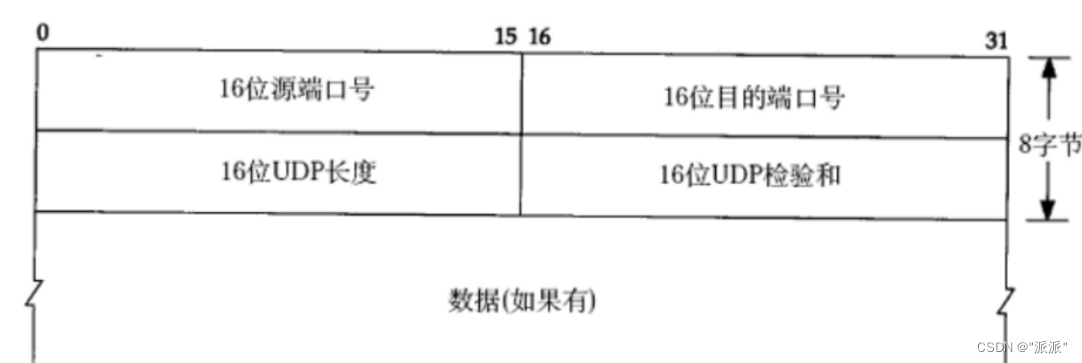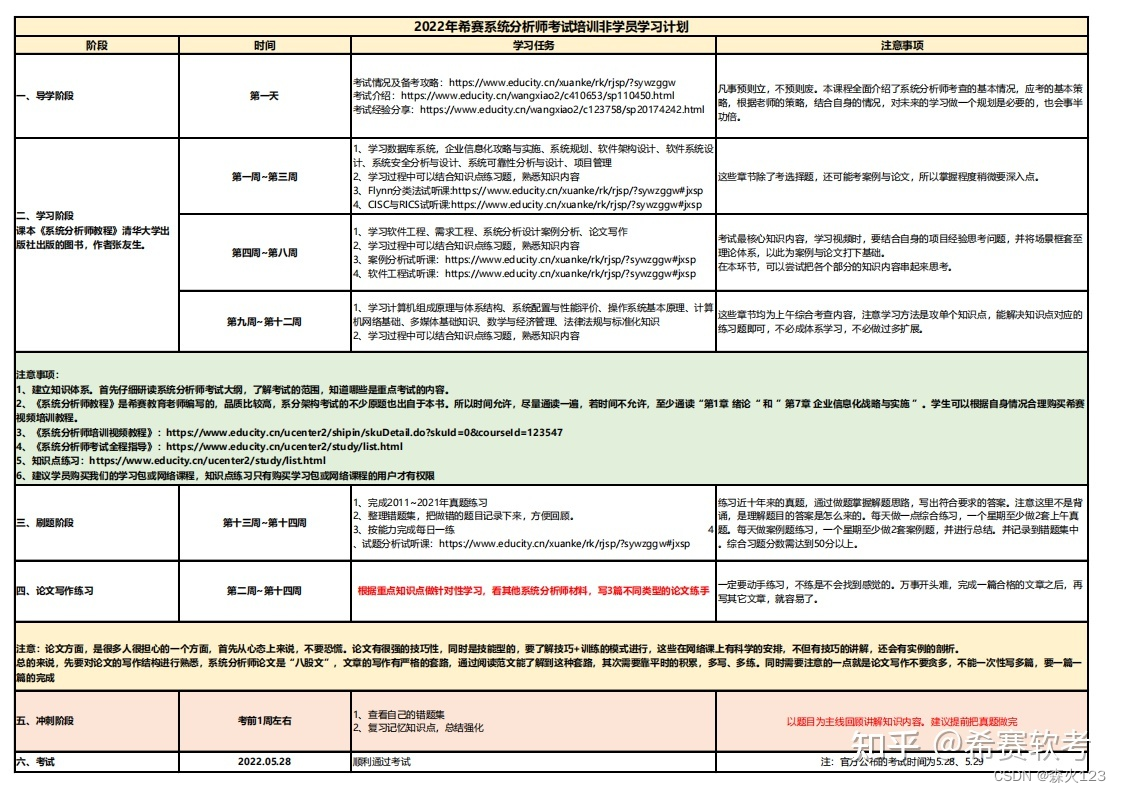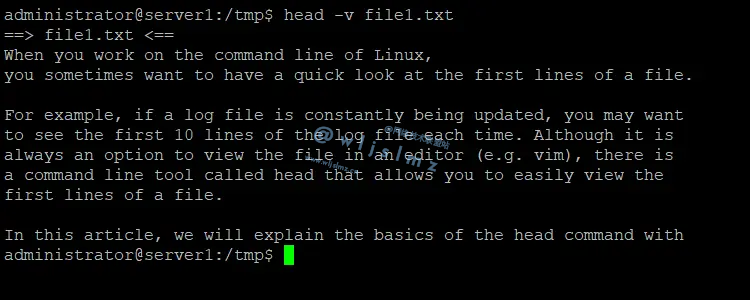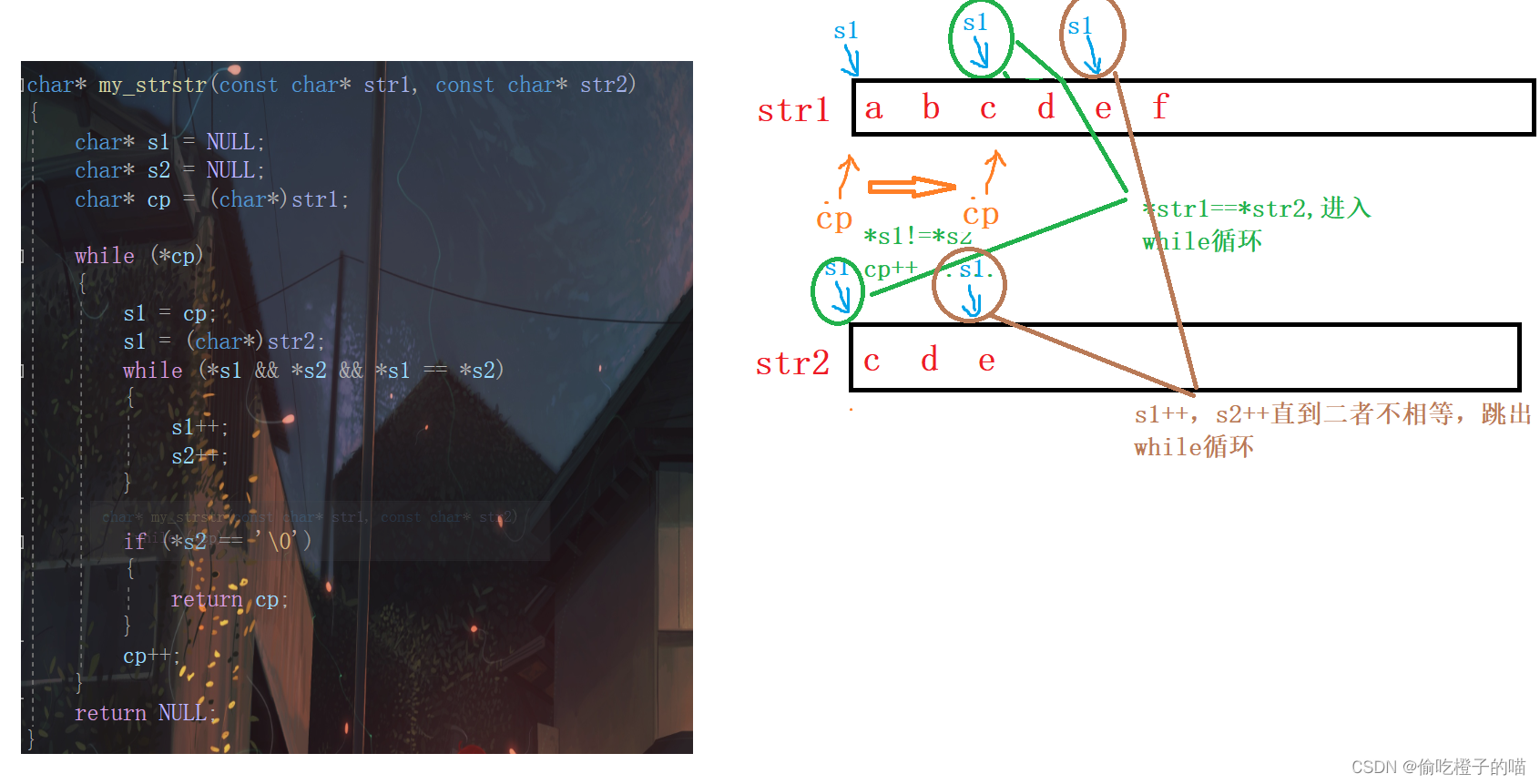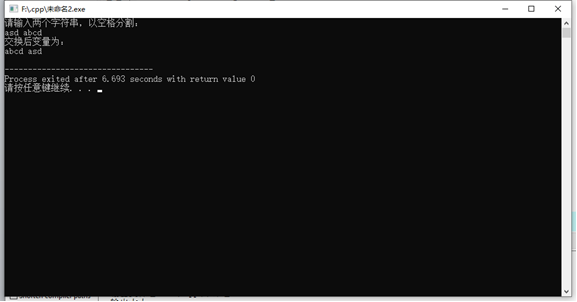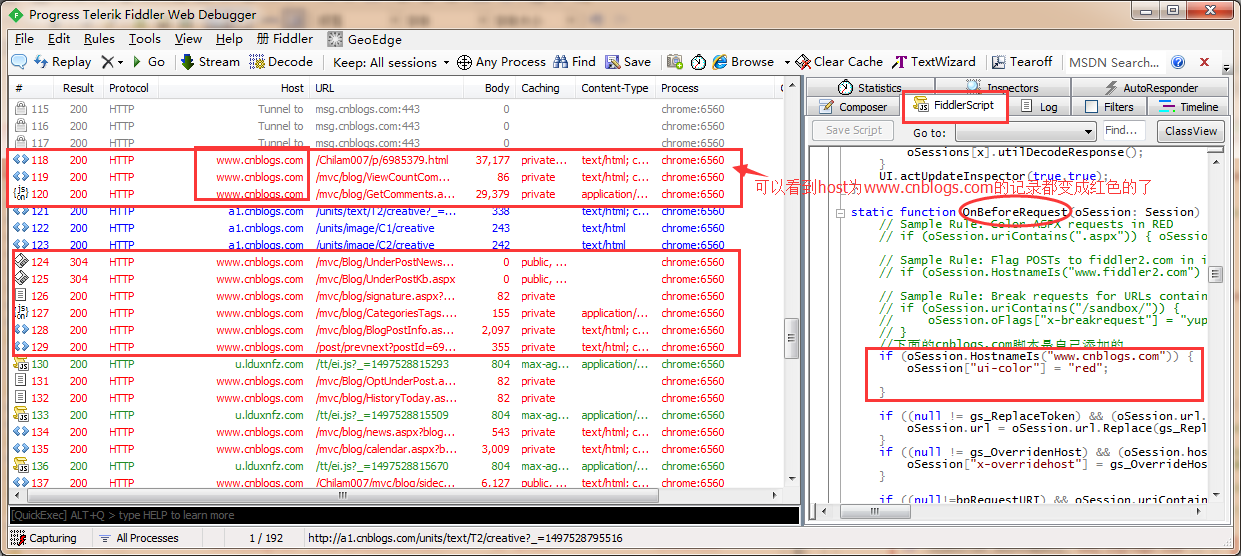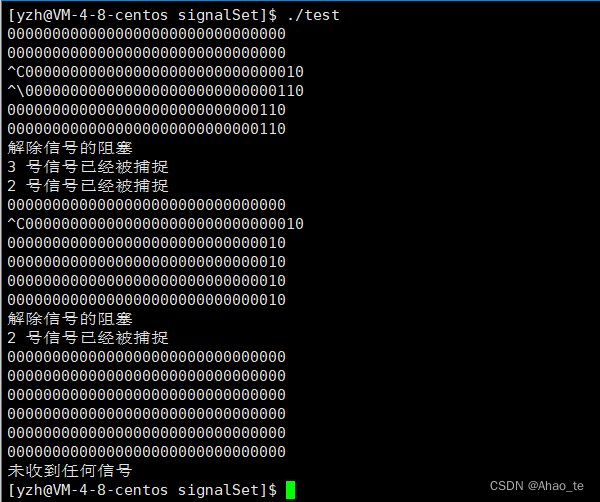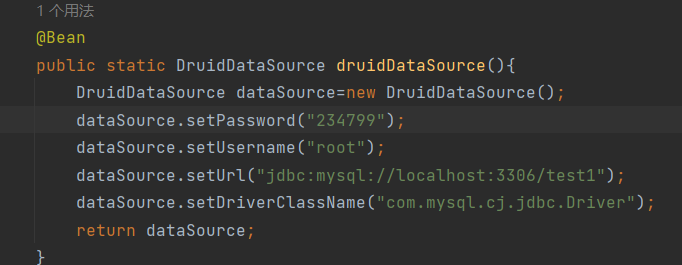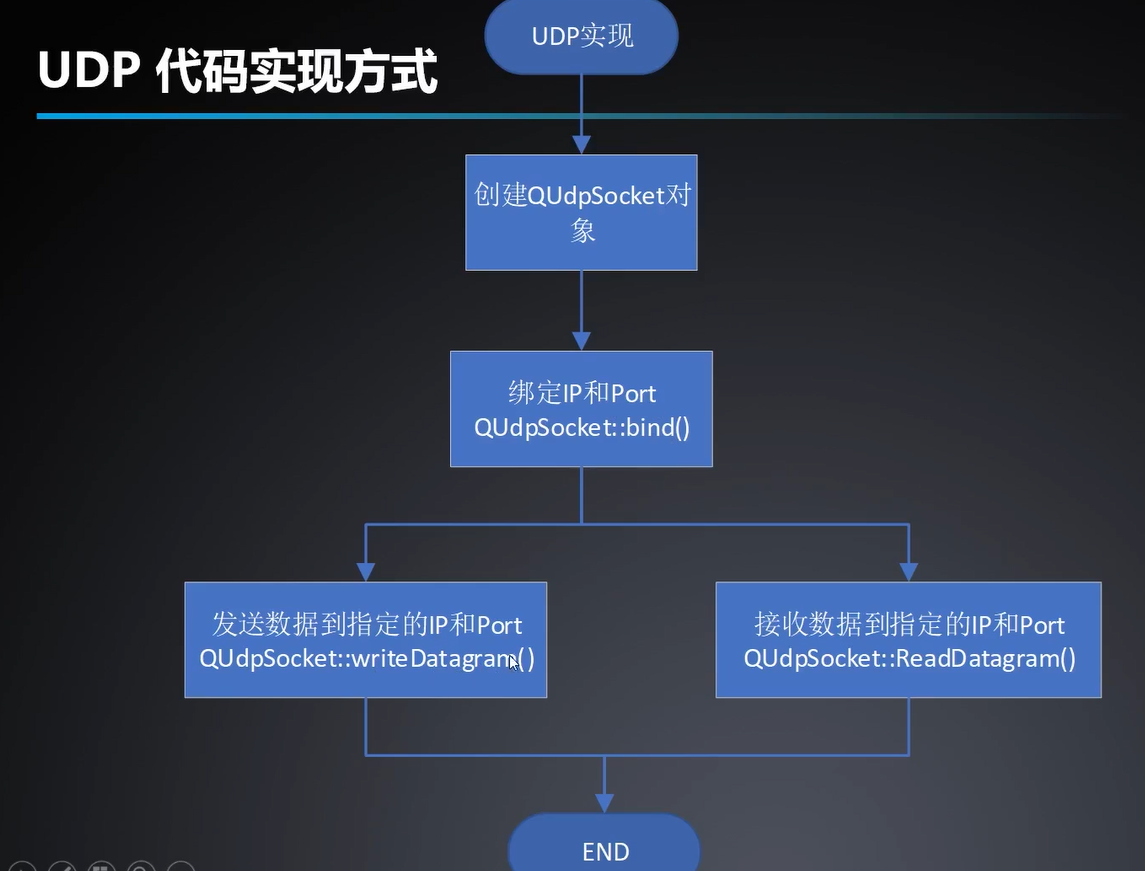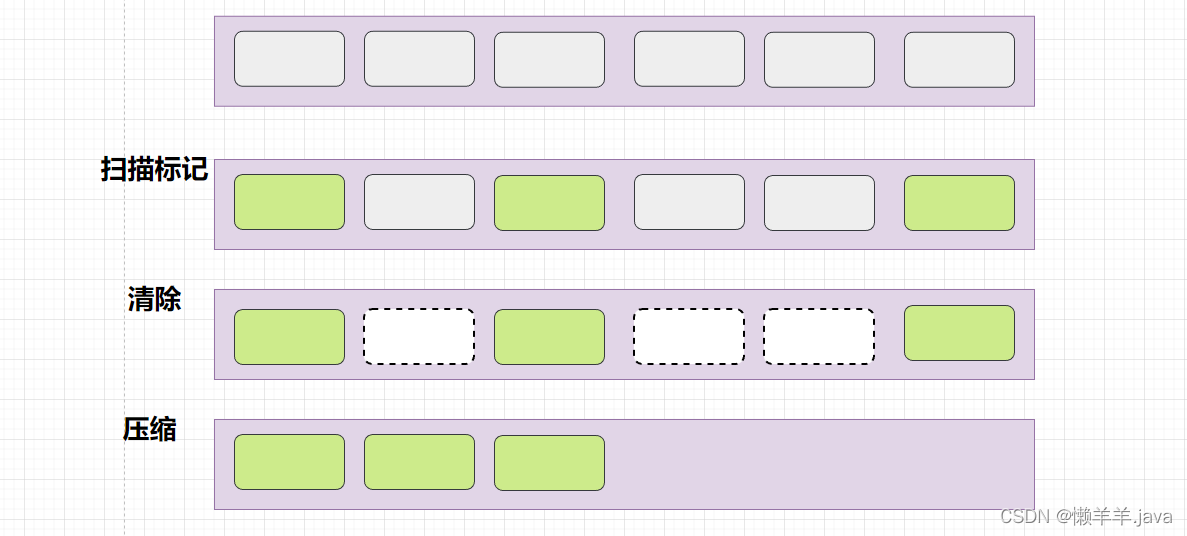定义于头文件 <unordered_map>
| template< class Key, | (1) | (C++11 起) |
| namespace pmr { template <class Key, | (2) | (C++17 起) |
查找
访问指定的元素,同时进行越界检查
std::unordered_map<Key,T,Hash,KeyEqual,Allocator>::at| T& at( const Key& key ); | (1) | (C++11 起) |
| const T& at( const Key& key ) const; | (2) | (C++11 起) |
返回到拥有等于 key 的关键的元素被映射值的引用。若无这种元素,则抛出 std::out_of_range 类型异常。
参数
| key | - | 要找到的元素的关键 |
返回值
到请求元素的被映射值的引用
异常
若容器无拥有指定 key 的元素则为 std::out_of_range
复杂度
平均情况:常数,最坏情况:与大小成线性。
访问或插入指定的元素
std::unordered_map<Key,T,Hash,KeyEqual,Allocator>::operator[]| T& operator[]( const Key& key ); | (1) | (C++11 起) |
| T& operator[]( Key&& key ); | (2) | (C++11 起) |
返回到映射到等于 key 的关键的值的引用,若这种关键不存在则进行插入。
1) 若关键不存在,则插入从 std::piecewise_construct, std::forward_as_tuple(key), std::tuple<>() 原位构造的 value_type 对象。此函数等价于 return this->try_emplace(key).first->second; 。 (C++17 起)
使用默认分配器时,这导致从 key 复制构造关键,并值初始化被映射值。
- value_type 必须从 std::piecewise_construct, std::forward_as_tuple(key), std::tuple<>() 可就位构造 (EmplaceConstructible) 。使用默认分配器时,这表明 key_type 必须可复制构造 (CopyConstructible) 而 mapped_type 必须可默认构造 (DefaultConstructible) 。 |
2) 若关键不存在,则插入从 std::piecewise_construct, std::forward_as_tuple(std::move(key)), std::tuple<>() 原位构造的 value_type 对象。此函数等价于 return this->try_emplace(std::move(key)).first->second; 。 (C++17 起)
使用默认分配器时,这导致从 key 移动构造关键,并值初始化被映射值。
- value_type 必须从 std::piecewise_construct, std::forward_as_tuple(std::move(key)), std::tuple<>() 可就位构造 (EmplaceConstructible) 。使用默认分配器时,这表明 key_type 必须可移动构造 (MoveConstructible) mapped_type 必须可默认构造 (DefaultConstructible) 。 |
若插入发生且导致容器的重哈希,则所有迭代器被非法化。否则迭代器不受影响。重哈希仅若新元素数量大于 max_load_factor()*bucket_count() 才发生。
参数
| key | - | 要寻找的元素关键 |
返回值
若不存在拥有关键 key 的元素,则为到新元素被映射值的引用。否则为到既存的关键等价于 key 的元素的被映射值的引用。
异常
若任何操作抛出异常,则插入无效果。
复杂度
平均情况:常数,最坏情况:与大小成线性。
注意
出版的 C++11 和 C++14 标准中,指定此函数要求 mapped_type 为可默认插入 (DefaultInsertable) 且 key_type 为可复制插入 (CopyInsertable) 或可移动插入 (MoveInsertable) 到 *this 。此规定有缺陷并为 LWG 问题 2469 所修复,而上面的描述合并了该问题的解决方案。
然而,已知一个实现( libc++ )通过二个分离的分配器 construct() 调用构造 key_type 和 mapped_type 对象,可认为如发布时的标准所要求,而非原位构造 value_type 对象。
operator[] 非 const ,因为若不关键不存在则它插入关键。若此行为非所欲或容器为 const ,则可用 at() 。
|
| (C++17 起) |
调用示例
#include <iostream>
#include <forward_list>
#include <string>
#include <iterator>
#include <algorithm>
#include <functional>
#include <unordered_map>
#include <time.h>
using namespace std;
struct Cell
{
int x;
int y;
Cell() = default;
Cell(int a, int b): x(a), y(b) {}
Cell &operator +=(const Cell &cell)
{
x += cell.x;
y += cell.y;
return *this;
}
Cell &operator +(const Cell &cell)
{
x += cell.x;
y += cell.y;
return *this;
}
Cell &operator *(const Cell &cell)
{
x *= cell.x;
y *= cell.y;
return *this;
}
Cell &operator ++()
{
x += 1;
y += 1;
return *this;
}
bool operator <(const Cell &cell) const
{
if (x == cell.x)
{
return y < cell.y;
}
else
{
return x < cell.x;
}
}
bool operator >(const Cell &cell) const
{
if (x == cell.x)
{
return y > cell.y;
}
else
{
return x > cell.x;
}
}
bool operator ==(const Cell &cell) const
{
return x == cell.x && y == cell.y;
}
};
struct myCompare
{
bool operator()(const int &a, const int &b)
{
return a < b;
}
};
std::ostream &operator<<(std::ostream &os, const Cell &cell)
{
os << "{" << cell.x << "," << cell.y << "}";
return os;
}
std::ostream &operator<<(std::ostream &os, const std::pair<Cell, string> &pCell)
{
os << pCell.first << "-" << pCell.second;
return os;
}
struct CHash
{
size_t operator()(const Cell& cell) const
{
size_t thash = std::hash<int>()(cell.x) | std::hash<int>()(cell.y);
// std::cout << "CHash: " << thash << std::endl;
return thash;
}
};
struct CEqual
{
bool operator()(const Cell &a, const Cell &b) const
{
return a.x == b.x && a.y == b.y;
}
};
int main()
{
std::cout << std::boolalpha;
std::mt19937 g{std::random_device{}()};
srand((unsigned)time(NULL));
auto generate = []()
{
int n = std::rand() % 10 + 110;
Cell cell{n, n};
return std::pair<Cell, string>(cell, std::to_string(n));
};
std::unordered_map<Cell, string, CHash, CEqual> unordered_map1;
while (unordered_map1.size() < 6)
{
//若容器尚未含有带等价关键的元素,则插入元素到容器中。1-2) 插入 value 。
unordered_map1.insert(generate());
}
std::cout << "unordered_map1 const at: " << std::endl;
for (std::unordered_map<Cell, string, CHash, CEqual>::const_iterator cit = unordered_map1.cbegin();
cit != unordered_map1.end(); cit++)
{
std::cout << "key: " << cit->first << " ";
//返回到拥有等于 key 的关键的元素被映射值的引用。若无这种元素,则抛出 std::out_of_range 类型异常。
std::cout << "value: " << unordered_map1.at(cit->first);
std::cout << std::endl;
}
std::cout << std::endl;
std::cout << "unordered_map1 at: " << std::endl;
for (std::unordered_map<Cell, string, CHash, CEqual>::const_iterator cit = unordered_map1.cbegin();
cit != unordered_map1.end(); cit++)
{
std::cout << "key: " << cit->first << " ";
//返回到拥有等于 key 的关键的元素被映射值的引用。若无这种元素,则抛出 std::out_of_range 类型异常。
string value = unordered_map1.at(cit->first);
unordered_map1.at(cit->first) = value + value;
std::cout << "value: " << unordered_map1.at(cit->first);
std::cout << std::endl;
}
std::cout << std::endl;
std::cout << std::endl;
std::unordered_map<Cell, string, CHash, CEqual> unordered_map2;
std::cout << "unordered_map2 const Key& key : " << std::endl;
for (std::unordered_map<Cell, string, CHash, CEqual>::const_iterator cit = unordered_map1.cbegin();
cit != unordered_map1.end(); cit++)
{
std::cout << "key: " << cit->first << " ";
//返回到映射到等于 key 的关键的值的引用,若这种关键不存在则进行插入。
std::cout << "value: " << unordered_map2[cit->first] << " ";
unordered_map2[cit->first] = cit->second;
std::cout << "value: " << unordered_map2[cit->first];
std::cout << std::endl;
}
std::cout << std::endl;
std::unordered_map<Cell, string, CHash, CEqual> unordered_map3;
//移动语义
std::cout << "unordered_map3 Key&& key : " << std::endl;
for (std::unordered_map<Cell, string, CHash, CEqual>::const_iterator cit = unordered_map1.cbegin();
cit != unordered_map1.end(); cit++)
{
std::cout << "key: " << cit->first << " ";
//返回到映射到等于 key 的关键的值的引用,若这种关键不存在则进行插入。
std::cout << "value: " << unordered_map3[cit->first] << " ";
unordered_map3[cit->first] = cit->second;
std::cout << "value: " << unordered_map3[std::move(cit->first)];
std::cout << std::endl;
}
std::cout << std::endl;
return 0;
}
输出
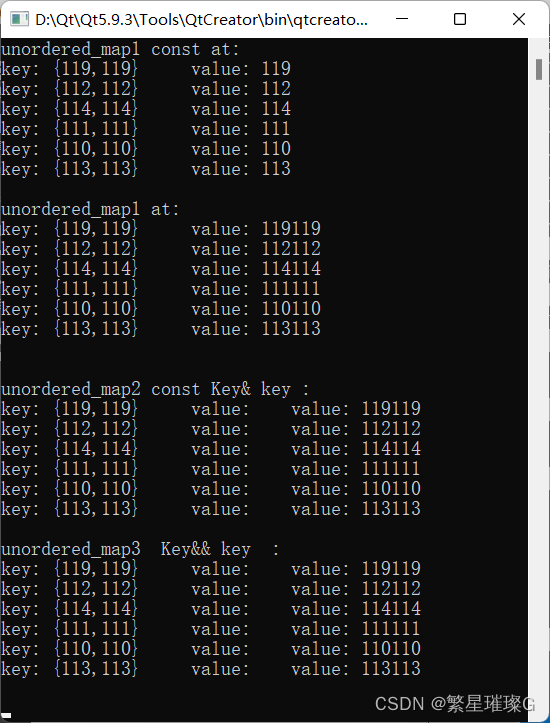

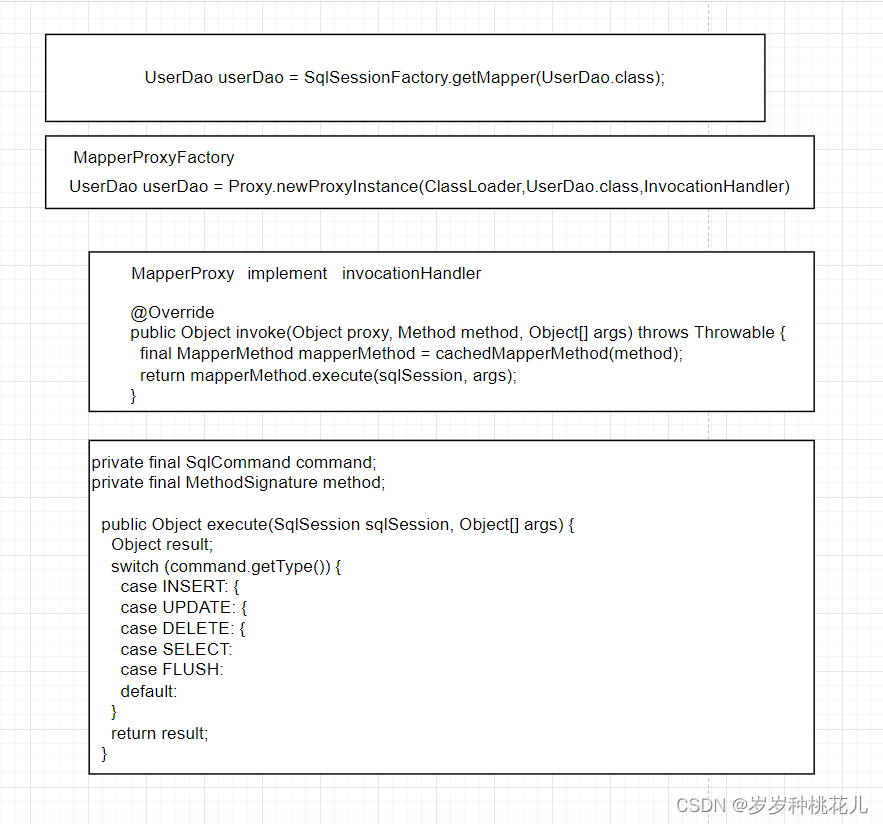
![[入门必看]数据结构1.1:数据结构的基本概念](https://img-blog.csdnimg.cn/c3dbbca0e18a4064be7335cd61b266a2.png#pic_center)
